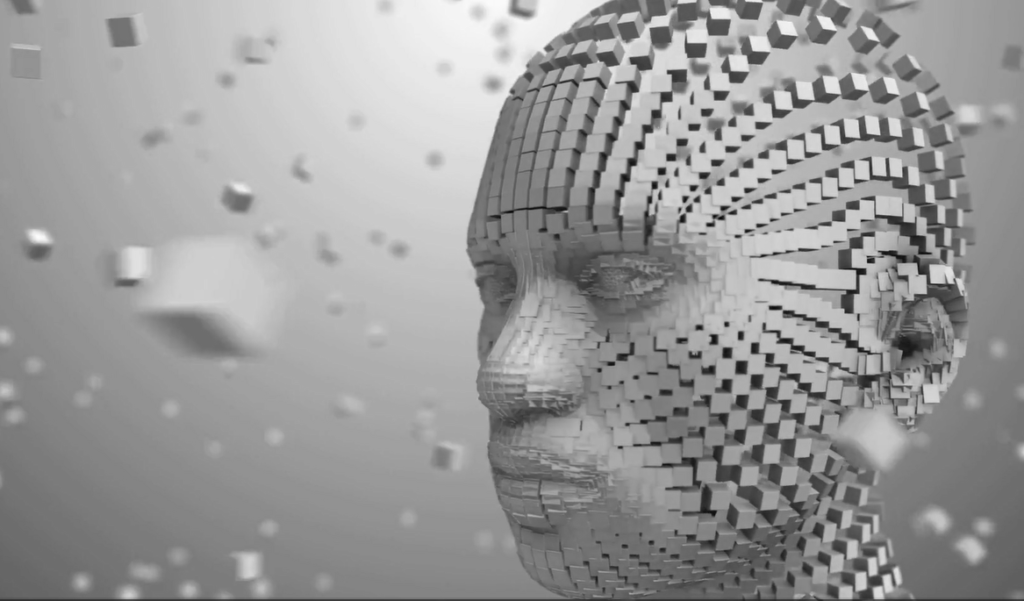Computer Vision (CV) is a revolutionary field in computer science that empowers machines to perceive the world around them. By utilizing sophisticated algorithms, computer vision enables machines to identify, detect, and comprehend objects in images and videos, opening up a world of possibilities across various industries. From self-driving cars to factory robots, the applications of computer vision are vast and diverse.
While all industries can benefit from computer vision technology, some sectors stand to gain more than others. This article delves into the industries that are perfectly suited to leverage the power of computer vision technologies. Before we explore these industries, let’s first understand what computer vision is and how it is utilized by professionals.
**About us:** Viso Suite offers a comprehensive computer vision solution for enterprises, allowing teams to manage intelligent applications seamlessly from development to deployment to scaling. To discover how enterprise-grade computer vision can transform your business applications, we encourage you to schedule a demo with our team of experts.
### Brief Background of Computer Vision
Computer vision algorithms leverage artificial neural networks to process visual data such as live video streams, images, and recorded videos. These algorithms can perform a wide range of tasks, typically utilizing deep learning models to recognize patterns and features from large visual datasets. Convolutional Neural Networks (CNNs) are particularly well-suited for image-focused tasks in computer vision.
### Computer Vision Tasks
Computer vision models excel at tasks aimed at providing machines with a deeper understanding of the visual world. These tasks include object detection, segmentation, pose detection, depth estimation, facial recognition, image generation, and more. Computer vision’s versatility makes it ideal for a variety of industries, from those dealing with tangible products to those analyzing complex visual data for insights and automation.
### Industries Perfect For Computer Vision
1. **Construction**: With challenges like safety monitoring, sustainability, and quality assurance, the construction industry aligns perfectly with computer vision capabilities. Applications include site monitoring, resource management, and safety compliance.
2. **Energy and Utilities**: The energy sector benefits from automated visual inspection and monitoring systems for infrastructure maintenance, asset inspection, and infrastructure monitoring.
3. **Transportation and Logistics**: From warehouse operations to fleet management, the transportation and logistics industry gains significant advantages from computer vision technologies for smart warehouses, autonomous transportation, and real-time optimization.
4. **Quality Control and Manufacturing**: Manufacturing facilities leverage computer vision for assembly line inspection, packaging verification, and anomaly detection, ensuring consistent quality assessment throughout the production line.
### The Future of Applied Computer Vision
As computer vision technology advances rapidly across industries, specialized hardware, improved model efficiency, and industry-specific datasets drive its adoption. The future holds promise for industry-specific CV solutions, with increasing accessibility and convergence of technologies reshaping industrial operations for improved efficiency, safety, and quality.
In conclusion, while computer vision continues to evolve and transform industries, its successful implementation relies on augmenting existing processes rather than replacing them. As these technologies mature, they will enhance operational efficiency, safety, and quality while allowing humans to focus on tasks that require creativity and complex decision-making.



